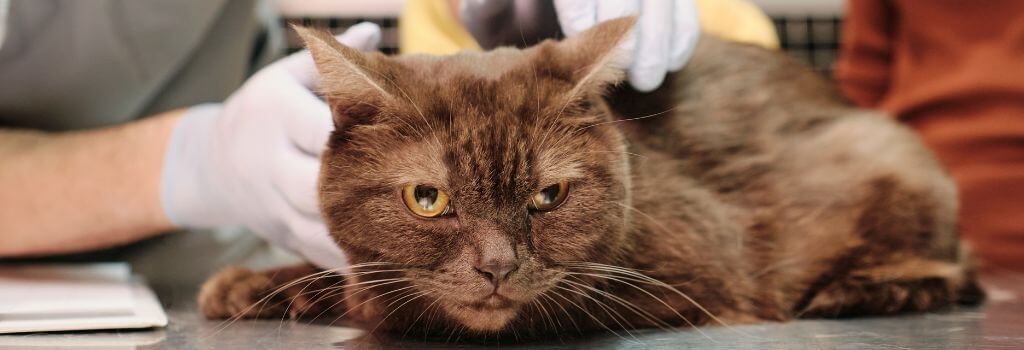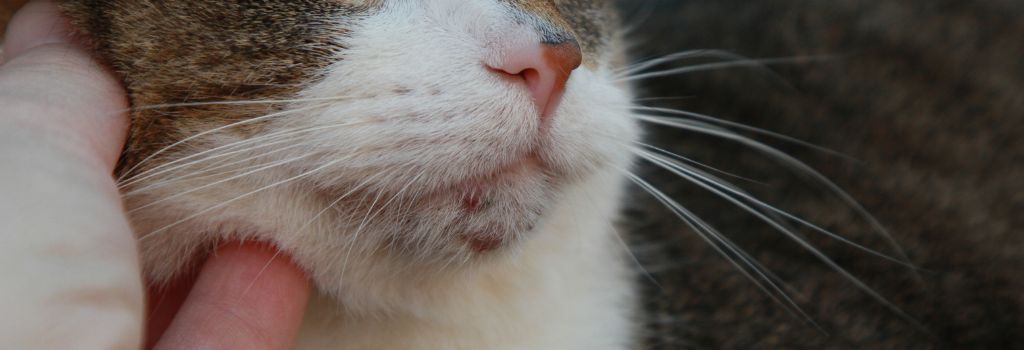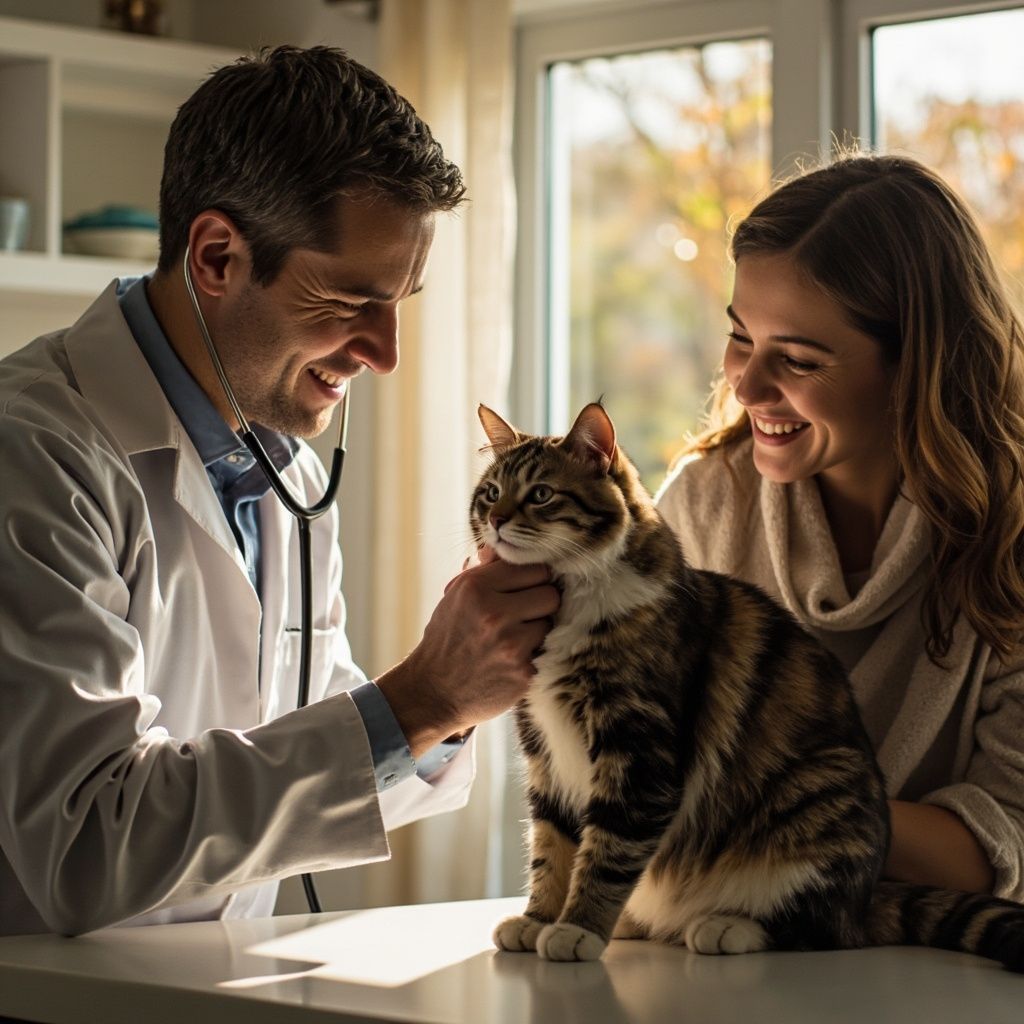Itchy Dog Keeping You Up? Give Yourself and Your Canine Companion Some Relief
If you’re witnessing your dog constantly itching, licking, or running their ears or rear along the carpet, you might be scratching your head, wondering what is wrong. They might even wake you up at night as they scratch incessantly and shake the bed or rattle their dog tags. While occasional scratching is normal, there are many reasons why your dog’s itchiness has elevated to an obsessive level.
Signs Your Dog Has Been Itching More than Usual
A certain level of scratching and licking is normal for dogs, but when the consequences of too much scratching are visible to the human eye, your dog needs to see their veterinarian as soon as possible.
Signs of Excessive Scratching in Dogs Include:
- Bald patches
- Hair loss
- Red skin
- Welts
- Hot spots
- Discoloration of the feet
- Rash
- Skin or ear malodor
Likely Causes of Dog Itching
Itchiness in your dog can be from various factors, from a food allergy to pesky fleas.
The following are the most likely culprits causing your dog’s discomfort.
External Parasites – Flea, tick , and mite bites can be extremely itchy and are commonly found on a dog’s hind legs, tail base, and back end. If you find one bite, there are likely more under their fur. Hill’s Pet Nutrition details how to treat fleas and prevent an itchy infestation.
Environmental Allergen – Like humans, dogs can react to seasonal or environmental allergies , with itchiness being the most common symptom. Pollens, mold spores, dust mites, and other irritants can pop up depending on the season or impact your dog year-round.
Skin Infection – Skin infections, such as yeast or bacterial infections, can cause extreme itchiness in dogs, with sensitive spots in their skin folds, behind their ears, and around their toes.
Food Allergy – Food might be to blame for your dog’s chronic itching, meaning a diet adjustment could be in their immediate future. Dog food allergies cause itchy skin, particularly on their rear end, face, and ears.
Anxiety – Much like humans bite their fingernails or play with their hands when anxious, dogs manifest their anxiety physically. Compulsive licking, scratching, or chewing behaviors can indicate that your dog is stressed. A lick granuloma might form over the wrist or ankle area.
Pain – Dogs often obsessively lick a specific spot if they’re feeling pain in that area, such as a thorn, foxtail, or arthritis. Pay attention to the spot they’re constantly licking, indicating the internal pain your dog may be feeling.

Alleviating Your Dog’s Discomfort
Your veterinarian will give your dog a thorough examination to determine the source of their scratching. The treatment regimen is short-term or long-term, depending on the suspected cause.
Treatments for Dog Itchiness Include:
Antihistamines can help control your dog’s itching from skin allergies, but unfortunately, they don’t address the underlying issue causing discomfort. We typically only use them if the itch is very mild.
Parasite control is vital in controlling fleas and ticks, and your veterinarian may recommend it year-round, depending on where you live.
Over-the-counter shampoos are a topical treatment that can provide temporary itch relief, but beware that some shampoos might exacerbate the problem. Your veterinarian may prescribe medicated shampoos to treat the skin topically as well. They may even recommend staying in the hospital for a medicated bath with a professional groomer.
Dog-specific allergy medications are for when the itch is moderate to severe. Your veterinarian will prescribe an oral or injectable medication to control the itch for your dog.
Your veterinarian may recommend steroids if the itch is severe. They are the most effective in alleviating itchiness but come with a few undesirable side effects, such as increased urination and weight gain.
Alleviate anxiousness , if that’s the source of their itching, by distracting them with increased activity, playtime, and interactive toys. If they’re left home alone during the day, try using a crate so they feel more safe and secure in your absence. They may also need prescribed antianxiety medication.
Identify a food allergy by eliminating possible trigger foods, and discover which ingredient might be to blame for their itching. In addition, introducing fatty acid supplements to your dog’s diet can help alleviate dry skin issues and reduce inflammation.
A quick trip to your veterinarian will ensure a proper diagnosis and treatment, so your furry sidekick feels relief, and you can get back to sleep-filled nights. Never leave chronic itching untreated, as the constant scratching and licking can lead to “hot spots” on your dog — patches of skin that become red, inflamed, and incredibly painful. Behavioral issues can also develop in dogs that become overly frustrated with constant itchiness, as detailed by the AVMA. Contact us if you want to learn more about what might be causing your dog to scratch constantly.
Recent Posts










